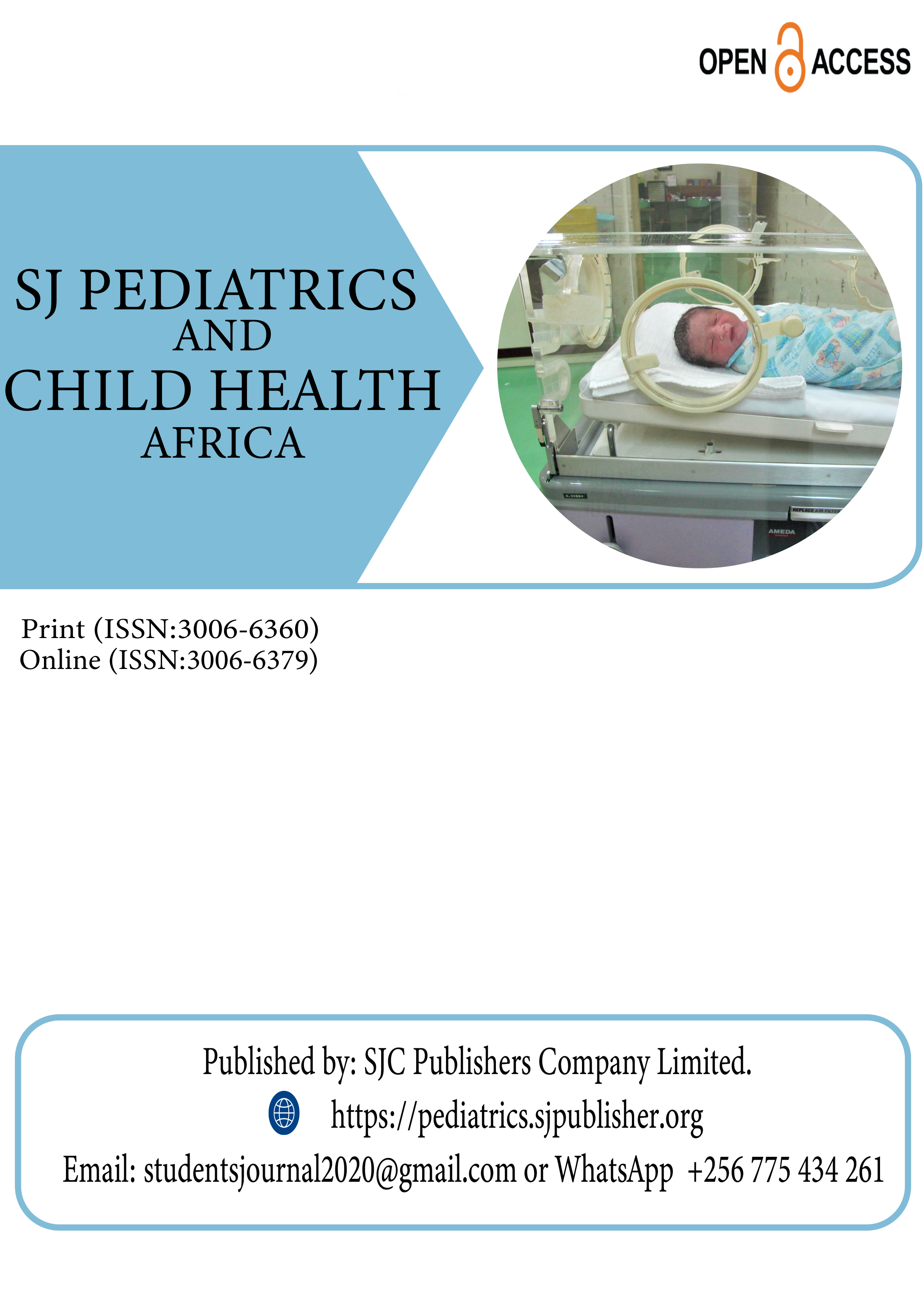KNOWLEDGE, ATTITUDE AND PRACTICES AMONG MOTHERS TOWARDS CORD CARE OF THE NEWBORN ATTENDING KAZO HEALTH CENTER IV, KAZO DISTRICT- A CROSS SECTIONAL STUDY.
DOI:
https://doi.org/10.51168/qp5n2f60Keywords:
Knowledge, Attitude, Practices, Cord care, Mothers, NewbornAbstract
Background:
Poor cord care is still resulting in prevalent cord infections in developing countries because of the low knowledge, high rates of unhygienic cord care practices, and cultural belief in giving care to neonates. The study assessed the Knowledge, attitude, and practices among mothers towards cord care of the newborn attending Kazo H/CIV, Kazo District.
Methodology:
A cross-sectional descriptive design was adopted in the study. Through simple random sampling, a total of 70 mothers were selected for the study and data was collected using semi-structured questionnaires.
Results:
More than half of the respondents 39(56%) were aged between 25-34 years, majority 31(41%) were married, majority 30(43%) were at level of secondary education, majority 41(59%) were Christians. The majority of the respondents 52(74%) said that they knew what cord care was and said that cord care meant cleaning the cord, majority 43(61%) knew that the importance of cord care was to prevent infections. The majority of the respondents 54(77%) had cultural beliefs they applied to newborn babies as regards cord care. The majority of respondents 52(74%) washed their hands before handling the cord, the majority 33(61%) applied other substances to the cord, the majority 31(44%) cleaned the cord 3 times a day, and the majority 49(70%) cleaned the cord daily.
Conclusion:
The majority of the respondents knew what cord care is and the importance of cord care. In regards to attitude, most of the respondents had a poor attitude towards cord care as they preferred following their cultural beliefs. However, cord care practices were still poor among respondents since the majority of them applied substances to the umbilical code stump.
Recommendation:
There is a need for health workers to increase awareness of cord care and signs and symptoms of cord infection especially when pregnant mothers come for antenatal and postnatal services.
Downloads
Published
Issue
Section
License
Copyright (c) 2024 ANNITOR TURINAWE , Cliffe Atuukuma (Author)

This work is licensed under a Creative Commons Attribution-NonCommercial-NoDerivatives 4.0 International License.




